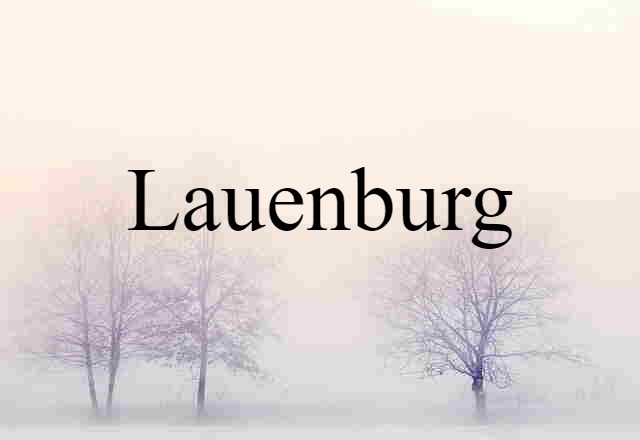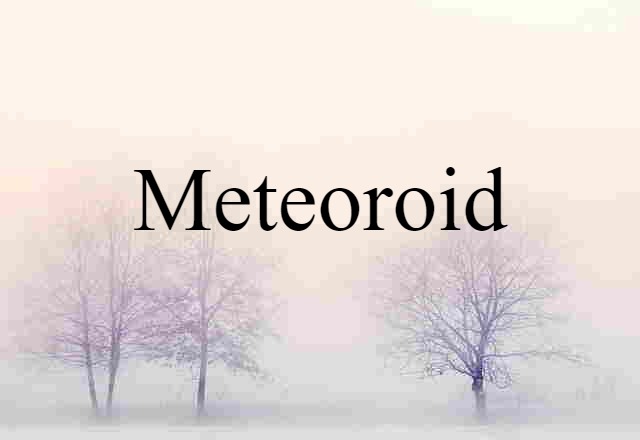- to drive or leave (a ship, fish, etc.) aground or ashore: The receding tide stranded the whale.
- (usually used in the passive) to bring into or leave in a helpless position: He was stranded in the middle of nowhere.
- to be driven or left ashore; run aground.
- to be halted or struck by a difficult situation: He stranded in the middle of his speech.
- one of a number of fibers, threads, or yarns that are plaited or twisted together to form a rope, cord, or the like.
- a similar part of a wire rope.
- a rope made of such twisted or plaited fibers.
- a fiber or filament, as in animal or plant tissue: a single strand of messenger RNA.
- a thread or threadlike part of anything: the strands of a plot.
- a tress of hair.
- a string of pearls, beads, etc.
- to form (a rope, cable, etc.) by twisting strands together.
- to break one or more strands of (a rope).
- U.S. poet, born in Canada: U.S. poet laureate 1990–91.
- U.S. photographer and documentary-film producer.
- a street parallel to the Thames, in W central London, England: famous for hotels and theaters.
- to leave or drive (ships, fish, etc) aground or ashore or (of ships, fish, etc) to be left or driven ashore
- to leave helpless, as without transport or money, etc
- a shore or beach
- a foreign country
- a set of or one of the individual fibres or threads of string, wire, etc, that form a rope, cable, etc
- a single length of string, hair, wool, wire, etc
- a string of pearls or beads
- a constituent element in a complex whole
- to form (a rope, cable, etc) by winding strands together
- a street in W central London, parallel to the Thames: famous for its hotels and theatres
















